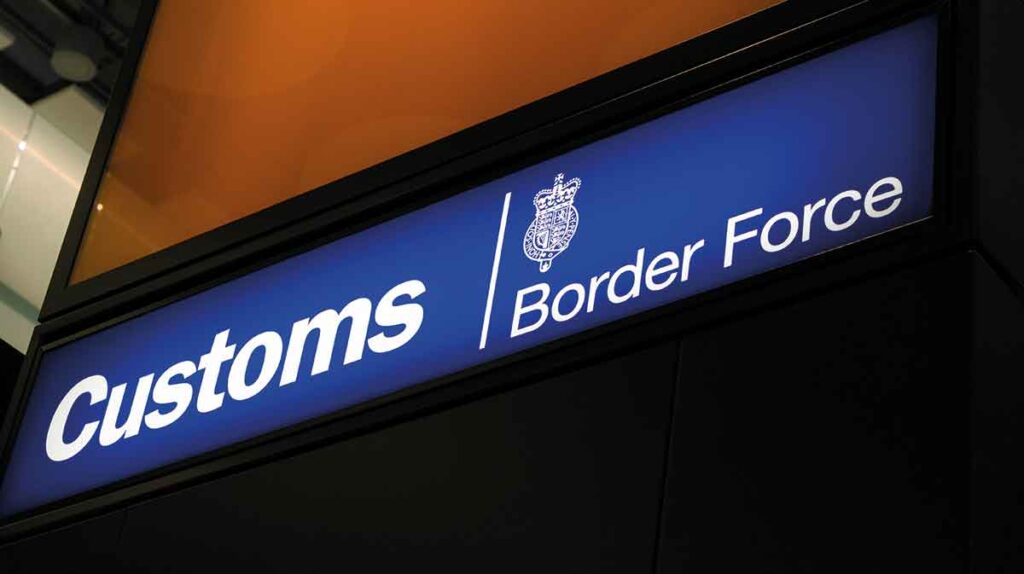The NPA has told the influential Public Accounts Committee (PAC) that the UK remains poorly protected from notifiable diseases currently spreading in Europe that could cost the taxpayer billions.
In its response to the PAC’s call for evidence on resilience to threats from animal disease, the NPA highlights figures from the recent National Audit Office report on Resilience to Animal Diseases showing the 2001 FMD outbreak cost the public sector an estimated at £5.2 billion and the private sector an estimated £8.6bn (in 2023-24 prices).
Defra’s own analysis estimated that an ASF outbreak could cost the UK between £10-£100m, but there has not been a conclusive economic analysis conducted of the impact of ASF.
“Helping to protect England and the UK more broadly from both exotic and endemic animal diseases starts with biosecurity controls at the border and helping prevent such diseases from entering the UK in the first place,” the NPA response states.
“The UK remains poorly protected from biosecurity and notifiable disease threats, especially given the prevalence of ASF in parts of the EU and the risk of FMD, which is also now active in Europe since an outbreak in Germany in January 2025, followed by outbreaks in Slovakia and Hungary.
“In order to help improve the UK’s biosecurity, we need to increase and improve border controls for all meat imports and ensure there is sufficient resource available at major entry points including ports, such as Dover.”
Enforcement
The NPA’s response highlights concerns over the enforcement of control measures in place, including ASF checks at the Port of Dover.
A dedicated team set up as part of Dover Port Health Authority (DPHA) has seized over 243 tonnes of illegally imported meat products at the Port of Dover since ASF control measures were introduced in September 2022, despite limited funding and operational capacity and only a small percentage of vehicles checked on a daily basis.
“Control measures of this kind are only effective if port health authorities, local authorities, and Border Force have sufficient resource to implement and enforce them,” the NPA tells the committee of MPs.
BTOM failings
The NPA is also critical of the Border Target Operating Model (BTOM) for commercial imports, which ‘does not appear to be functioning properly with very few physical inspections of POAO from the Rest of the World taking place’.
There should be 100 physical inspections being conducted each day at the newly opened Sevington Border Control Post. However, it is estimated that not even 10% are being completed.
Furthermore, loads can be auto-cleared without inspection through the timed-out decision contingency feature (TODCOF) two hours prior to arrival, while the Port of Dover is reporting an increase in goods arriving displaying a health mark showing it is prohibited from leaving its country of origin, such as Romania, where ASF is rife.
The NPA tells MPs the BTOM ‘in its current form is not fit for purpose and is highly vulnerable to exploitation from organised crime’.
Ability to respond to outbreaks
The NPA also highlights concerns that Defra and APHA do not have the resources necessary to cope with an outbreak of notifiable disease affecting the pig sector, and even less so if dealing with concurrent notifiable diseases.
“Response to a notifiable disease affecting the pig sector will need to be very rapid, with decisions at ministerial level required. This has not yet been tested under the current government,” the response states.




